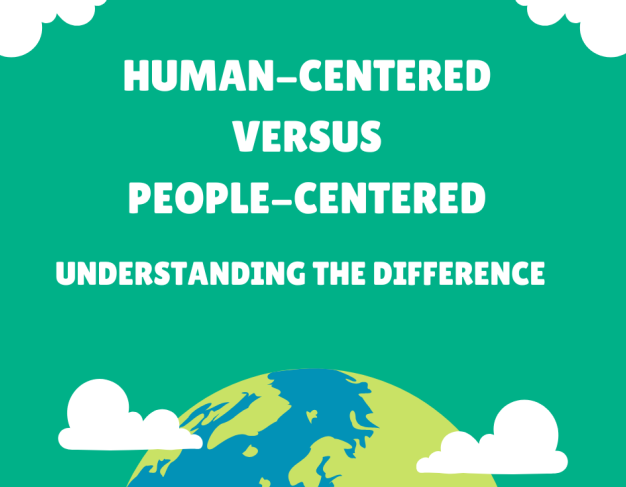ICSB GAZETTE
Submit to the Member SpotlightBehavioural Finance and Generation Z
The global online connectivity has soared from the onset of the COVID-19 pandemic as the world was forced to rely on technology to maintain communication and the exchange of information. The business models of the existing and new businesses had to be re-evaluated to factor in the importance of having an online presence.
Investment Choices and The Power of Gold Shield
The Bretton Woods system of monetary management was created to establish an international currency regime. The United Nations Monetary and Financial Conference took place in 1944 at the Mount Washington Hotel in Bretton Woods, New Hampshire. At that time, the delegates from 44 countries established two significant institutions – The International Monetary Fund (IMF) and International Bank for Reconstruction and Development, now known as the World Bank Group.
The Entrepreneurial Journey Part 5 – Can You Execute?
Go-to-market strategies for most new ventures are usually fatally flawed. And, they are usually fatally flawed because they are not grounded by voice of customer (VOC) research. You cannot execute successfully without truly vetting the elements of your go-to-market strategy. This is where the rubber hits the road. Planning is nothing without execution! And, executing based on assumptions and guesswork is folly. So, your execution must be validated by your customer.
The Entrepreneurial Journey Part 4 – Do You Have the Right Brand?
I have argued for more than 20 years that building and sustaining a powerful entrepreneurial brand is critical if a venture is to survive, grow, and endure in a complex and competitive marketplace. Moreover, a new venture has a relatively short time frame in which to establish its brand. If it misses this critical window of opportunity, it is very likely to fail.
Alternative Investments and Pink Diamonds
There has always been a great allure to owning diamonds among investors worldwide. Investments in precious stones and gems fall under the category of alternative investments and collectables with a high-risk factor. Argyle mine has been well-known for supplying natural-coloured diamonds, including white, champagne, cognac, blue, violet, and extremely rare and highly-priced Argyle pink and red diamonds.
The Entrepreneurial Journey Part 3 – Do You Have the Right Business Model?
Even if you have the right venture opportunity (discussed in Part 2 of this series), without the right business model your venture is likely to fail. Once you have identified and screened your opportunity well, the next step is to determine how you will make money from this opportunity. This is where your business model decision comes in.
Environmental Sustainability and Global Finance
Back in 1987, when United Nations introduced the definition of sustainability, it emphasised that sustainability is about responding to the needs of the present without undermining the ability of future generations to meet their own needs.
The Entrepreneurial Journey Part 2 – Do You Have the Right Opportunity?
The entrepreneurial highway is riddled with the fractured bones and broken dreams of aspiring entrepreneurs who failed to mine the right opportunity. Why? Because some opportunities are simply better than others. Ultimately, you need the right opportunity and exploit it effectively or you will not achieve entrepreneurial success.
Ethical Finance
Climate changes have initiated many transitions and shifts across government and industry sectors to reduce the negative impact on the environment worldwide. With every new and existing business comes great responsibility for making climate-friendly decisions.
The Entrepreneurial Journey Part 1 – Are You Ready – The Entrepreneurial Mindset
Many people aspire to be an entrepreneur. But most do not really know what it takes to be a successful entrepreneur. Before you embark on the entrepreneurial journey you will need to seriously reflect on whether or not the journey is right for you and whether or not you are ready for the journey. Many experts suggest there are distinctive personal characteristics that are required to be a successful entrepreneur. Some have described this as the “entrepreneurial mindset.”











